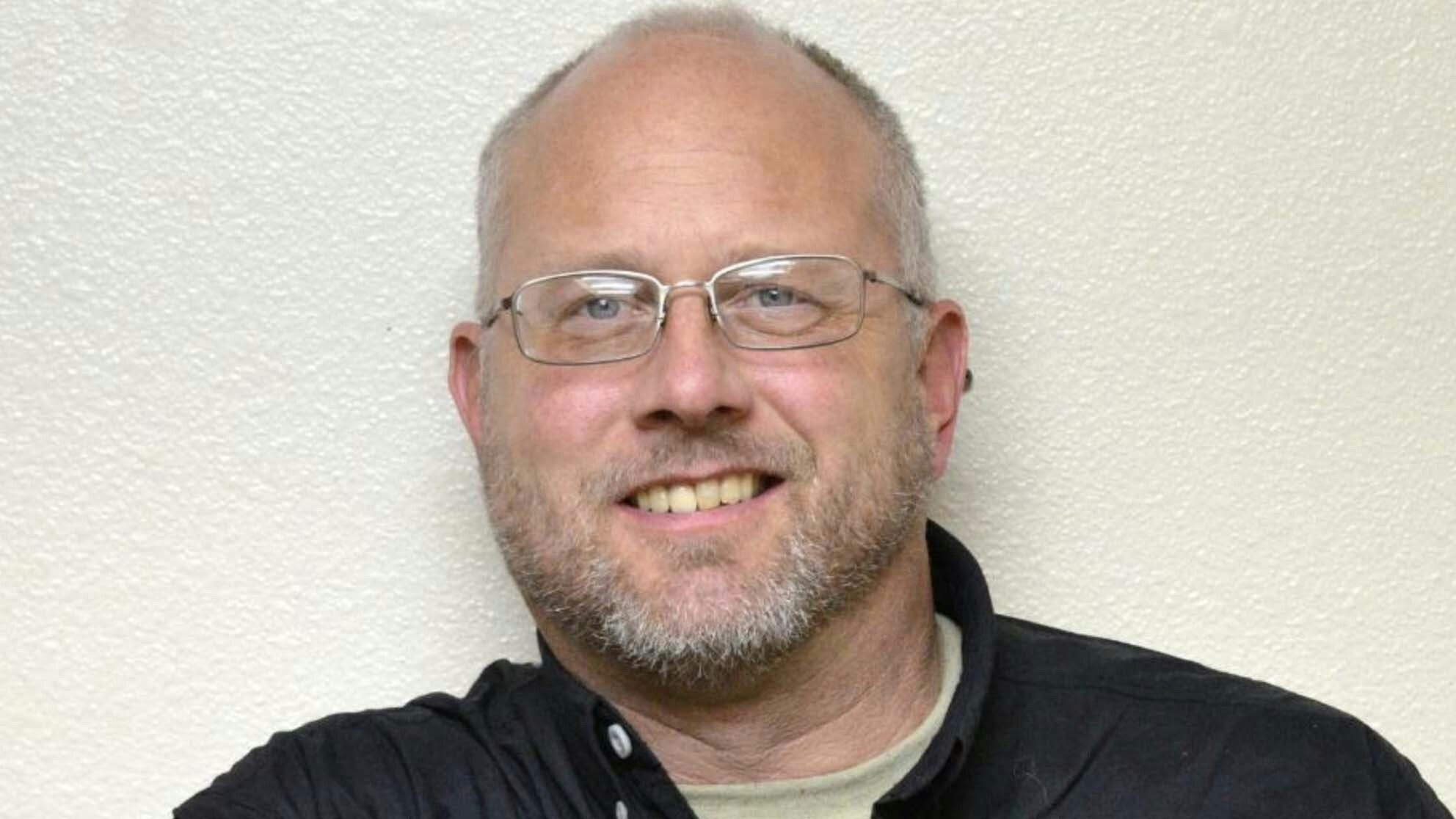When driving down a highway, it is extremely dangerous to be overly afraid of the oncoming cars. Inexperienced drivers who do this can veer into the ditch. Experienced drivers take both threats seriously, and so stay safely in their proper lane.
The same balance needs to be maintained when dealing with any response to COVID-19. Responses that take into account only medical considerations—without considering the threats to spiritual and emotional health, economic health, and the health of the Republic itself—will be wrong. They risk doing more harm than good.
The need for a proper balance is the very reason for representative government. Our founding fathers knew that no single person can know everything about any situation, but that whatever a person does know can easily crowd out every other consideration. “Give a young boy a hammer and he will treat everything as a nail.” They also knew that both the well-meaning and the malicious can abuse power.
“Of all tyrannies, a tyranny sincerely exercised for the good of its victims may be the most oppressive,” said C.S. Lewis. He explained, “[T]hose who torment us for our own good will torment us without end, for they do so with the approval of their own conscience.” Governmental checks and balances are designed to prevent such excesses.
According to a Facebook post, Dr. Ed Zimmerman, former Washakie County Health Officer (CHO), imposed a county-wide mask mandate against the expressed will of the elected commissioners. He was not the only one. During the previous week, 21 of Wyoming’s 23 CHOs imposed mask mandates. Many, if not most, ignored the protests of the citizens through their elected commissioners. Zimmerman explained his decision, “It appears to me the masking mandate was overwhelmingly supported by the members of the community.”
However it may appear to an unelected official, only the elected ones are answerable to the general public. Because public policy involves the balance of many considerations, county commissioners and mayors across the state were outraged.
In a grand shell game, CHOs pressured Governor Gordon to impose a statewide mask mandate through his State Health Officer, Alexia Harrist. Gordon, instead, wanted the mandates to be up to local jurisdictions. When elected county commissioners across the state declined his request, 21 CHOs circumvented them and sent variance requests to the state. In the end, every mask mandate is unilaterally imposed under the signature of Harrist.
For the record, the question is not whether there is a problem that needs to be addressed. The question is whether masks actually address the problem. The mask orders cite only one six-month-old scientific study. “Chu, et. al. found that Face Coverings could reduce the risk of transmission…” It concluded: “Robust randomized trials are needed to better inform the evidence for these interventions.”
Luckily, three such robust studies were released in November. The New England Journal of Medicine published, “SARS-CoV-2 Transmission among Marine Recruits during Quarantine.” This rigorous study followed 1,848 Marine recruits through 28 days of lockdown, strict mask protocols and sanitary practices. During the study 51 (2.75%) of the participants tested positive for COVID-19. By comparison only 26 of 1,554 non-participants (1.67%) did. While not statistically significant, the raw percentages report that there was less spread among those who interacted without masks.
The Annals of Internal Medicine published “Effectiveness of Adding a Mask Recommendation to Other Public Health Measures to Prevent SARS-CoV-2 Infection in Danish Mask Wearers.” This randomized, controlled trial was undertaken in Denmark with 6,024 participants randomly split into two groups. Of the 3,030 in the masked group, 42 (1.8%) tested positive during the course of the trial. By comparison, 53 (2.1%) tested positive from the control group. Again, the researchers concluded that the “difference was not statistically significant.”
Then, on November 20, Nature Communications published a study from China that screened nearly 10 million citizens of Wuhan. Although it found 1,174 close contacts with asymptomatic cases, it found no—zero, zip, nada—new cases spread from contact with asymptomatic carriers.
Every single Wyomingite wants to slow the spread of COVID-19. But the sheer desire to see an outcome does not make a mask order effective toward that end. Citizens deserve explanations, not edicts.
On October 12, the Wyoming Department of Health released “a list of evidence it relies on” in making decisions about face coverings, among other things. All seven of the laboratory studies cited studied the effectiveness of masks in reducing droplets. None studied the effectiveness of masks in reducing infection rates.
Now that the WDH has the benefit of three robust studies centered on the infection rate, it should incorporate this scholarship into its overall assessment and update its recommendations accordingly. Wyomingites will do the right thing if they are convinced it is right.
Health officers should convince citizens, not overrule them.





